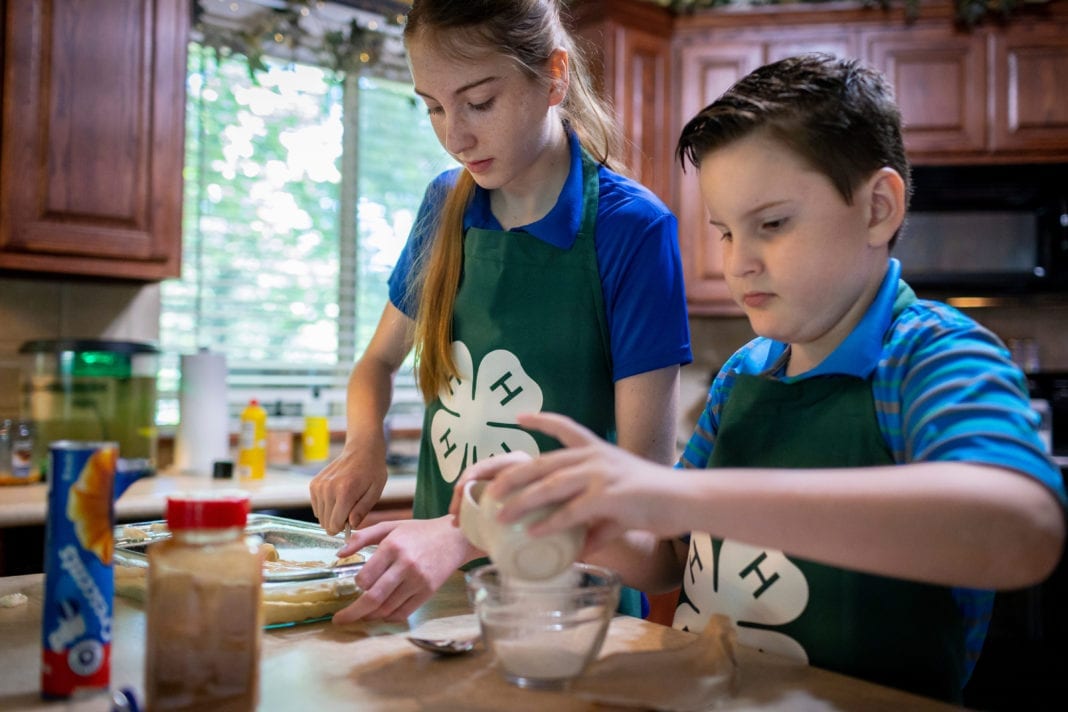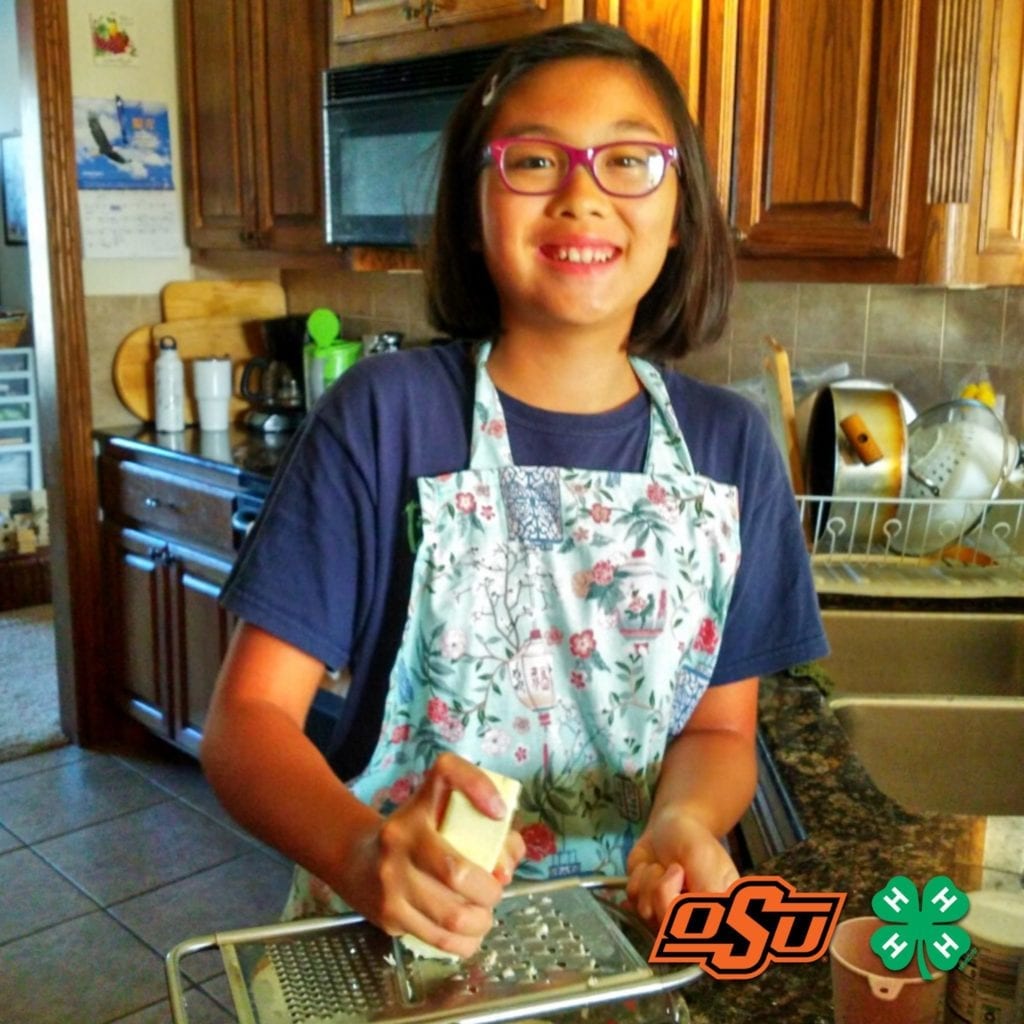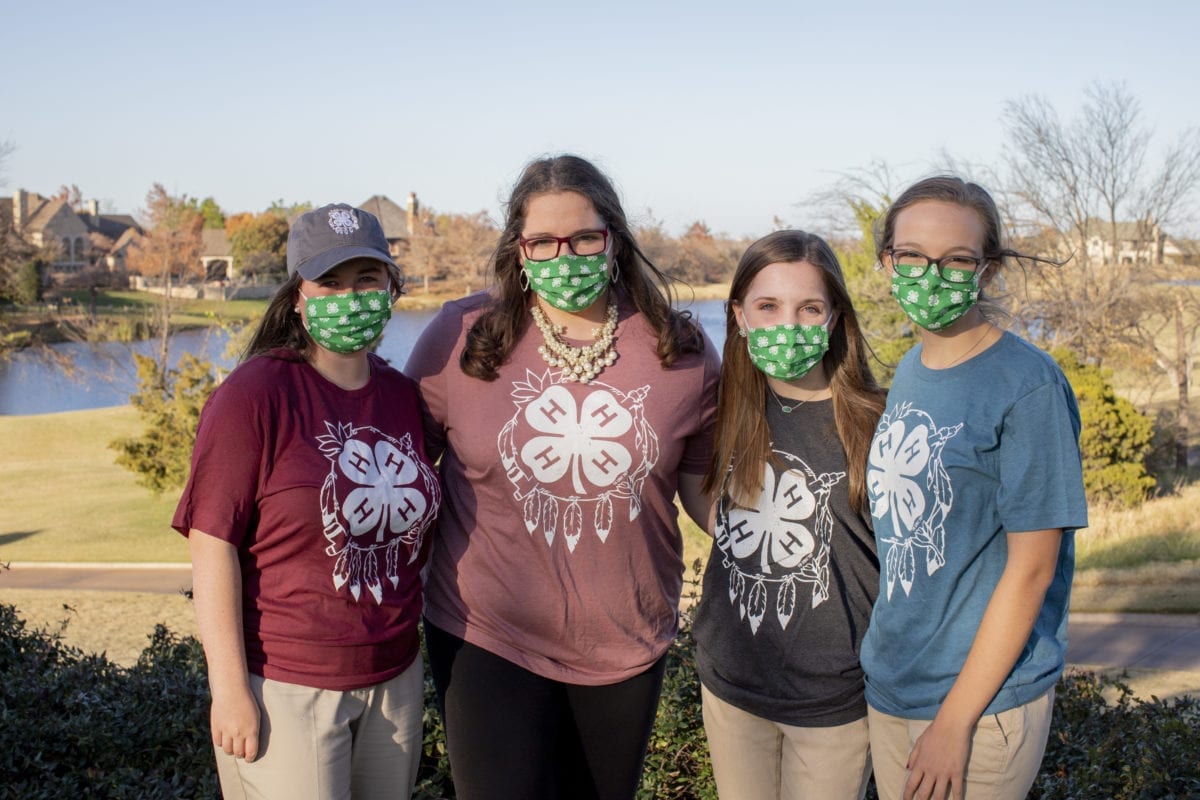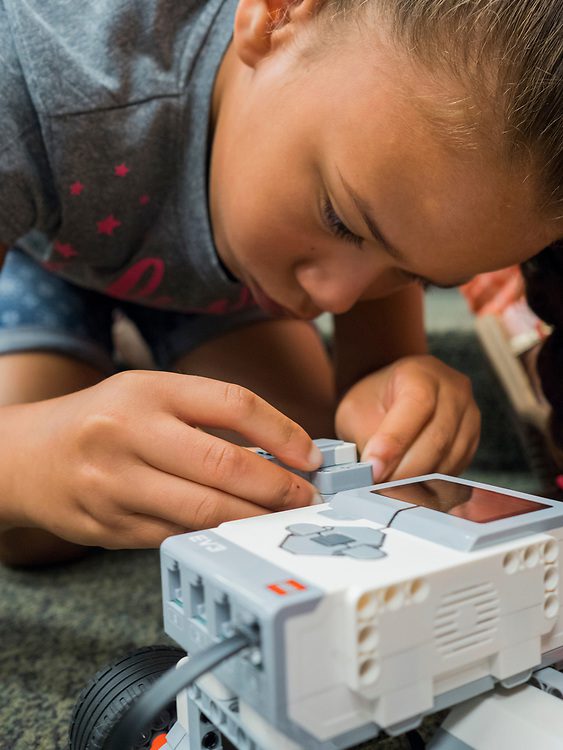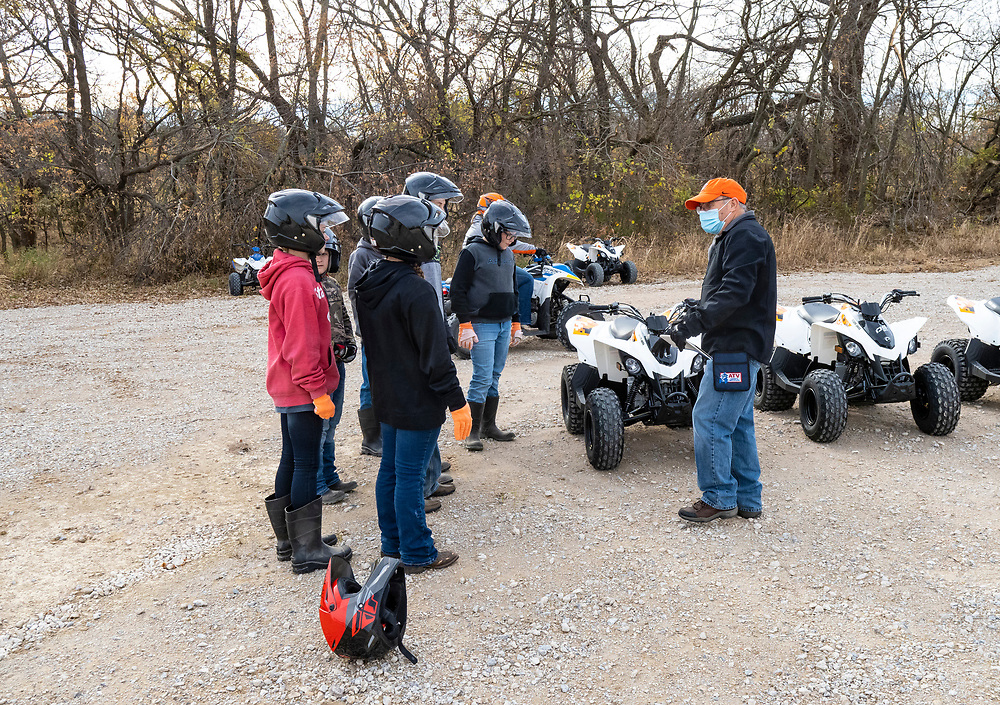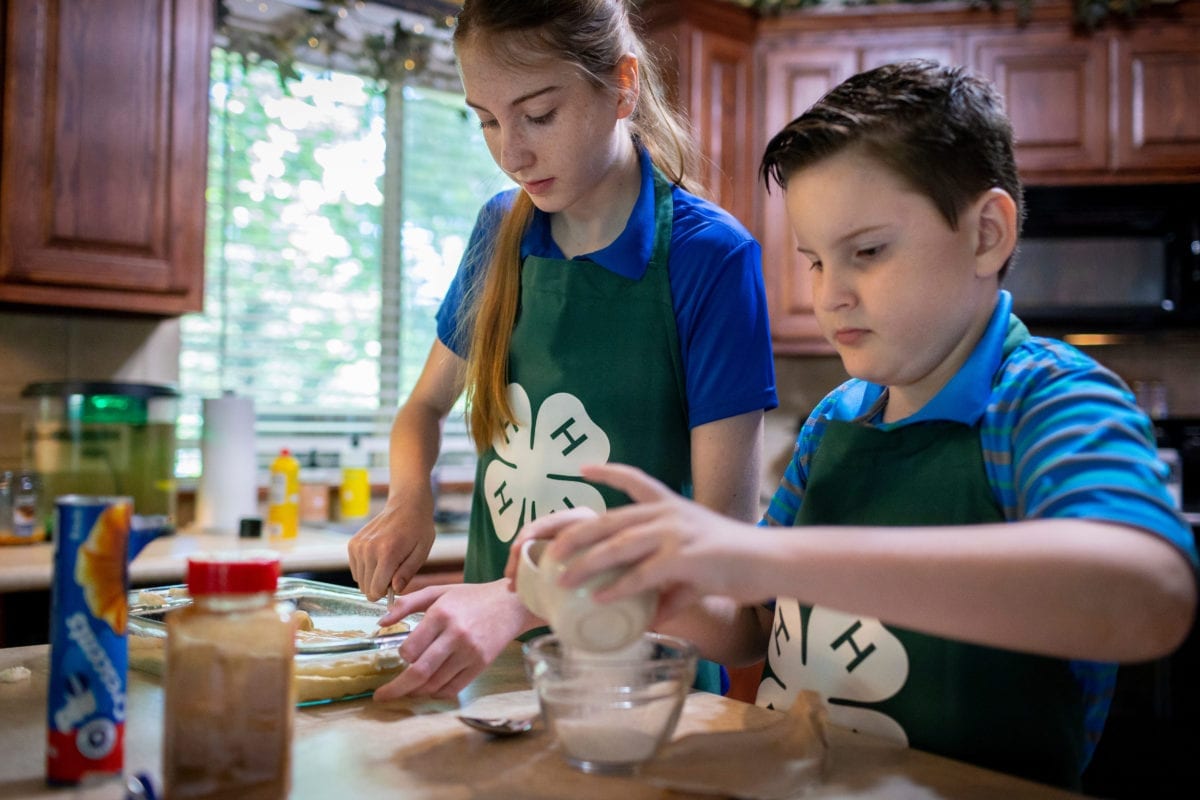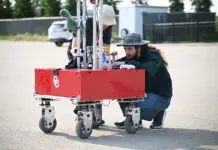Cuinton White really needed his 4-H leader beside him as he prepared to deliver a calf, but a virtual experience would have to do.
“He called me and said he had a small herd of heifers, and had just found one calving,” says Justin Wagner, a Cimarron County extension agent. “So I put him on FaceTime.”
Wagner instructed White to get gloves, sanitizer and pulling chains to put around the calf’s front legs. Normally, he would have driven the 36 miles to the ranch near Texhoma, but it was April, and the state was on lockdown. Personal interaction between 4-H members and their leaders might be important, but it wasn’t essential.
“From the very start of this, when we were first told to shelter in place, our mission has been to continue to keep our youth and families engaged,” says Steve Beck, state 4-H program leader. “It’s been hard, but it’s also been exciting and fun to see the innovation, and see the way the 4-H families reach out to one another, and the way 4-H educators reach out to 4-H-ers.”
One brainstorming session resulted in the innovative culinary project “Food, Fun, 4-H” initiative, which was wildly popular. Senior extension specialist Cathy Allen, situated in Stillwater, says 727 households across the state took part in the summer program, which gathered individual families together once a month to cook a meal, dine together, engage in a physical activity and submit photos of the experience.
Participants who weren’t enrolled 4-H members received recipes and materials, such as dinner table topics, via email. 4-H members were mailed kits that included two utensils needed for that month’s recipes.
“These were things like zesters, meat thermometers and rolling pins,” says Allen. “It helped them build their kitchen utensils inventory.”
Adair County 4-H member Dayci Star, 11, was so enthused about the utensils that she started using her allowance to add to her collection.
“One parent reported that her son went to the mailbox every day in anticipation of the utensil kit,” says Allen.
Clint and Laura Harrison of the Carter County Homeschool 4-H Club participated with their children Olivia, 14, and Rafe, 11.
“Thank you for giving us the opportunity to participate in this program,” they wrote to Allen. “Several recipes have now been added to our family’s normal recipe rotation.”
Olivia wrote that she was “usually not a fan of pasta salad, but this one surprised me.” Rafe said he intended to try new ingredients and create his own pasta salad recipes.
Tulsa 4-H members have been making lots of videos, says Lisa Nicholson, 4-H educator for Tulsa County.
“They are young kids full of great ideas,” she says.
Older 4-H members made demonstration videos to help newer members learn skills. They filmed themselves giving speeches for a competition usually held in person. Some clubs got together by holding outdoor meetings, and a few livestock and horse shows were held in the fall. Masks were required.
“They wanted to have the shows,” says Nicholson. “Those kids have been working with those animals all summer.”
Beck has been with the extension service for more than 25 years, most of it in Oklahoma. He spent a few years working in New Mexico before becoming Oklahoma’s state 4-H leader in late March. Even before he arrived, co-workers had started taking 4-H online.
“Some of our educators had started a Facebook page called Oklahoma 4-H Virtual Clovers,” he says. “The purpose was to provide hands-on, virtual activities. Our educators and specialists created a lot of those videos, but they also encouraged teen leaders to create some.”
More than 100 videos were produced, with an average of 33,000 views per week. Some were chosen for the national 4-H website. Now, some outdoor-based activities have resumed, such as shooting sports and ATV safety classes. Anything STEM-related is big with 4-H members, says Beck. Oklahoma State University students teach STEM classes at 4-H camps. Since in-person camps weren’t held during the summer, the college students developed 15 virtual camps for those ages 8 to 12.
And, although many events could go virtual, some 4-H members weren’t able to exhibit their livestock projects because county fairs were canceled.
“They spent their summer getting a lot of the life skills and learning, they just didn’t get to enter the competitions,” says Beck. “They still got to raise the animals.”
If you wondered how that calf made out with only some virtual coaching – all’s well. White named his new calf COVID-2020, says Wagner.
“[White] had done it many times, but had never done it by himself,” says Wagner, and his father was not there to help him that day.
“When I had to do it completely by myself, and in an emergency situation, it was kind of mind-blowing,” says White, who is now studying ranch and feedlot management at Clarendon College in Texas.
“4-H was a huge thing in my life growing up,” he continues. “I like the feeling when you do things right and it works out.”






















